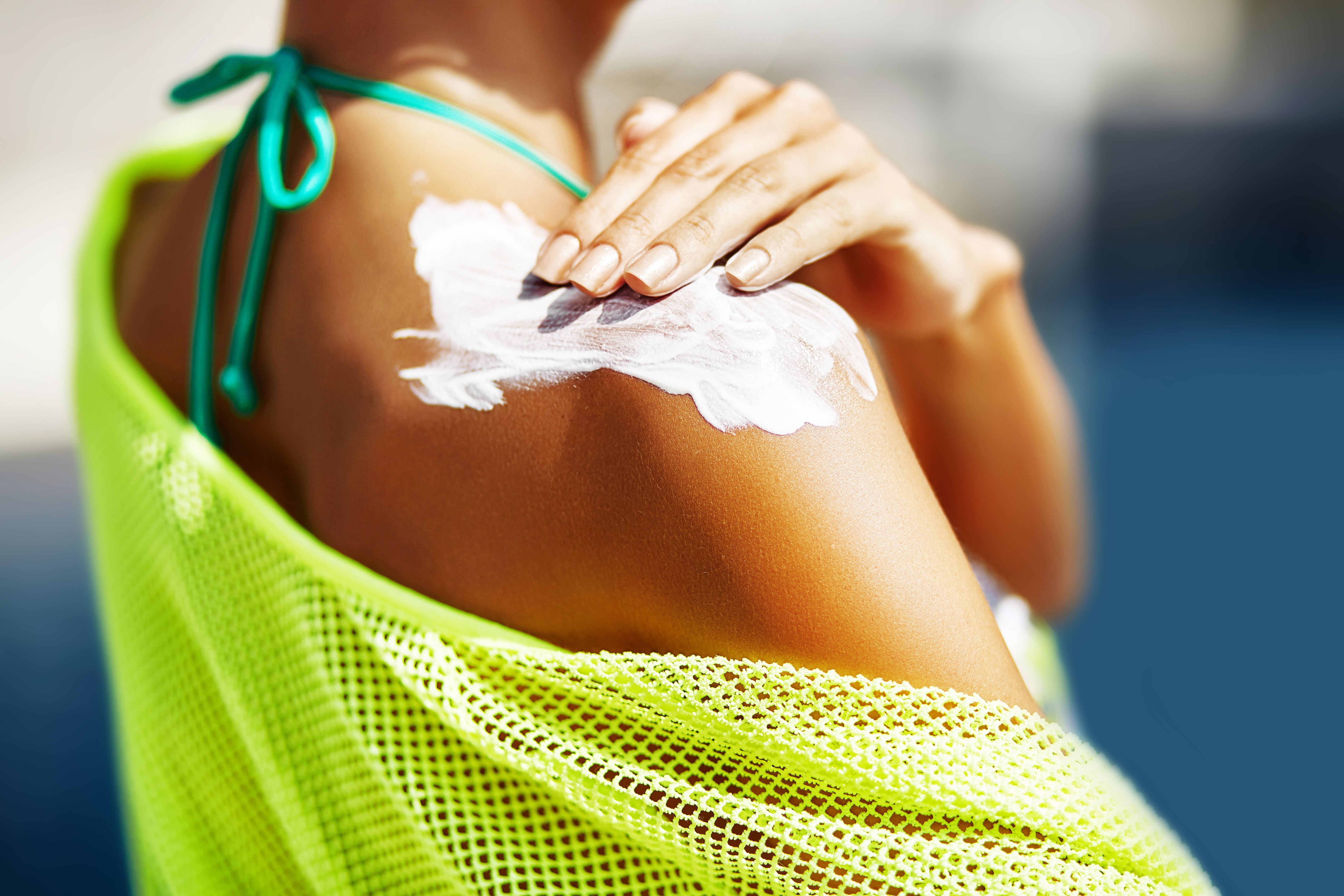- Acne
- Actinic Keratosis
- Aesthetics
- Alopecia
- Atopic Dermatitis
- Buy-and-Bill
- COVID-19
- Case-Based Roundtable
- Chronic Hand Eczema
- Chronic Spontaneous Urticaria
- Drug Watch
- Eczema
- General Dermatology
- Hidradenitis Suppurativa
- Melasma
- NP and PA
- Pediatric Dermatology
- Pigmentary Disorders
- Practice Management
- Precision Medicine and Biologics
- Prurigo Nodularis
- Psoriasis
- Psoriatic Arthritis
- Rare Disease
- Rosacea
- Skin Cancer
- Vitiligo
- Wound Care
Article
Scientists Say They’ve Developed a Safer Sunscreen
Author(s):
A prototype for a coral-reef-friendly sunscreen is more effective at preventing sunburn in mice than existing sunscreens.
Photo: paultarasenko/Adobe Stock

Researchers at Tsinghua University in Beijing, China have created a prototype for a sunscreen that is able to block ultraviolet (UV) radiation but whose molecules are too big to penetrate skin, coral, or algae.1 Study author, Lei Tao, said animal tests have demonstrated that the polymeric UV filter is more effective than any existing sunscreens at preventing sunburns in mice.
Tao and his team of researchers created the polymer UV filter that proved to work better than oxybenzone, avobenzone, and 2 commercial sunscreens. Oxybenzone (Benzophenone-3), is a chemical ingredient found in over 3500 sun care products.2 It is believed to be a harmful ingredient in sunscreens because it is absorbed easily into the blood and could interfere with hormones. In this study, the mice did not absorb the filter through their skin and did not suffer from any inflammation.
The filter also appears to be safe for coral and algae, which are among the most valuable ecosystems on the planet. Scientists have found that some sunscreen chemicals are a threat to the health of coral reefs. Tao said this prototype does not affect chlorella algae or the 2 most common types of coral, which die within weeks of being exposed to oxybenzone.
While Tao said he hopes this new research will spawn a new generation of sunscreens, he acknowledged several problems with the UV filter prototype. He said the structure of the UV filter is not biodegradable but that he hopes to combine this compound with others to create an environmentally friendly filter that is also biodegradable.
References
1. Zeng Y, He X, Ma Z, et al. Coral-friendly and non-transdermal polymeric UV filter via the Biginelli reaction for in vivo UV protection. Cell Reports Physical Science. March 2023:101308. doi: 10.1016/j.xcrp.2023.101308
2. Skincare Chemicals and Coral Reefs. National Ocean Service. https://oceanservice.noaa.gov/news/sunscreen-corals.html#:~:text=How%20sunscreen%20chemicals%20can%20affect,deform%20young%2C%20and%20even%20kill. Accessed March 6, 2023.
Newsletter
Like what you’re reading? Subscribe to Dermatology Times for weekly updates on therapies, innovations, and real-world practice tips.











